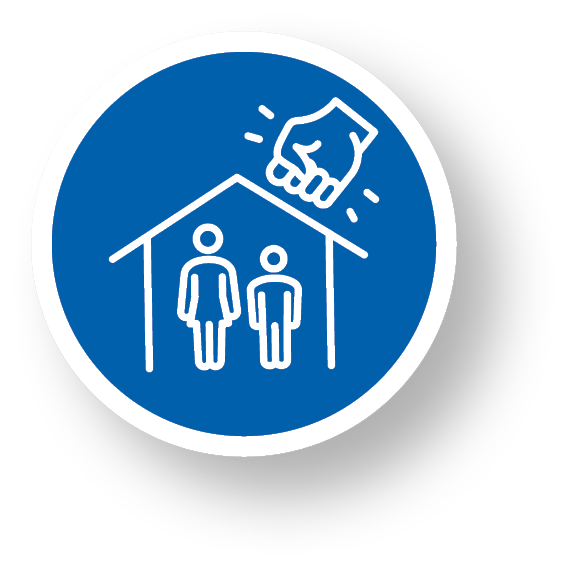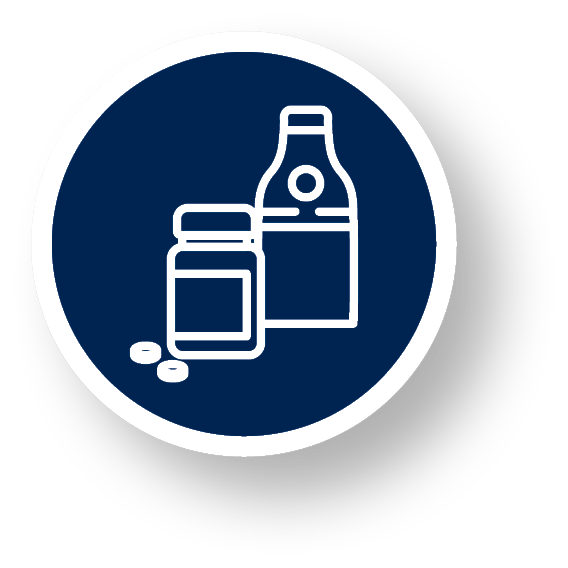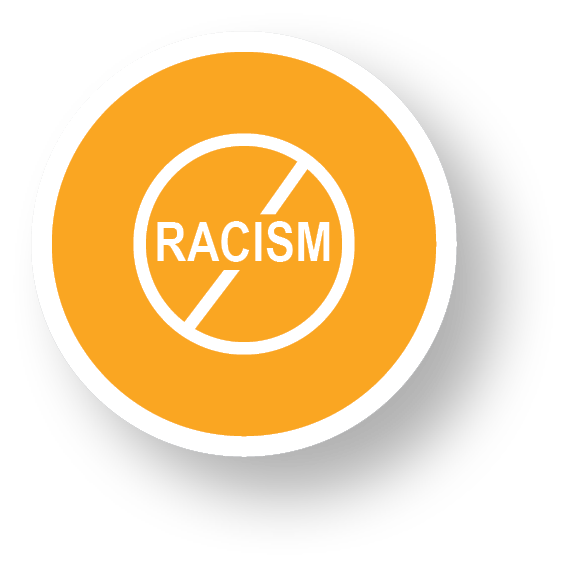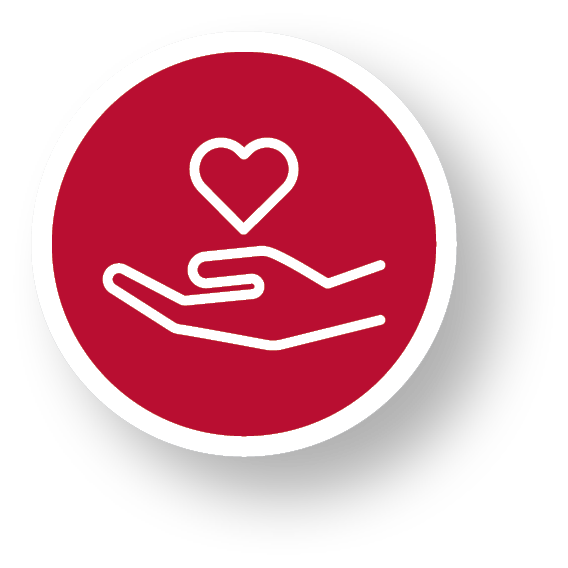Regina’s Community Safety & Well-being (CSWB) Plan outlines a multi-year strategy to improve safety and well-being for Regina residents by addressing a number of pressure points and social issues that present barriers to safety and well-being in Regina. This will require long-term, collaborative efforts to address the social determinants of well-being along with more urgent issues.
What is Community Safety & Well-being?
Community safety and well-being refers to “the ideal state of a sustainable community where everyone is safe, has a sense of belonging, opportunities to participate, and where individuals and families are able to meet their needs for education, health care, food, housing, income, and social and cultural expression.” - Ontario Ministry of the Solicitor General, 2017:4
Priorities
The CSWB Plan specifically outlines six areas of priority that require immediate action for improved safety and well-being. Each priority area is supported by a series of recommendations to be implemented within the next one to five years.

Domestic violence refers to violence committed by someone in the victim’s domestic circle, including partners and ex-partners, immediate family members, other relatives, and family friends. Intimate Partner Violence describes physical violence, sexual violence, stalking or psychological harm by a current or former partner or spouse. Domestic & Partner Violence Recommendations
Local quantitative data indicates that from 2019 to 2020, Regina family/domestic violence victim support services have seen a 20 per cent increase in referrals and a 23 per cent increase in active files. Of these referrals in 2019 and 2020, the vast majority of clients are female (85 per cent and 82 per cent, respectfully), with about three quarters falling between the ages of 21-50 years old.
Where do we go from here?
- Establish community action table for domestic violence & intimate partner violence.
- Implement initiatives to prevent domestic violence and intimate partner violence.
- Strengthen services to identify and offer support in situations of domestic violence and intimate partner violence.
- Ensure adequate emergency response supports are available for those fleeing situations of domestic violence and intimate partner violence.
- Establish supports and services for survivors, perpetrators, and their families to facilitate healing.

Food insecurity refers to an inability or uncertainty that one will be able to obtain or consume an adequate quality diet or a sufficient quantity of food in socially acceptable ways. Food Insecurity Recommendations
Existing data demonstrate that about 15 per cent of Regina residents were experiencing some form of food insecurity (marginal, moderate, or severe) in 2017-2018, which is slightly higher than the provincial rate. Further, given that requests for service from the Regina Food Bank increased dramatically in 2020 (most likely due to impacts of the COVID-19 pandemic), it is possible that overall levels of food insecurity in the city have grown. Food security was also listed as a response by some survey respondents when asked which issues require the most improvement/attention to enhance quality of life, safety, and well-being in Regina.
Where do we go from here?
- Establish community action table for food insecurity.
- Ensure basic food needs are met, while establishing approaches to address food security, strengthen food systems, and support residents in achieving their diverse food needs.
- Increase access to healthy food and water for all residents.
- Address issues of food affordability, particularly for those with low incomes.
- Support and develop opportunities for urban agriculture.

People of any age, gender, sex, or economic status can become addicted to substances. Police data indicates that overdose deaths in Regina have increased more than 300 per cent between 2018 and 2020 (from 31 to 112). Substance Use Recommendations
Where do we go from here?
- Establish a community action table for substance use.
- Prevent and reduce the harms associated with drug use, drug-related offenses, addictions, and overdose.
- Decrease the presence of needles and other drug paraphernalia in public places.
- Reduce the stigma surrounding substance use and addictions.
- Increase education on and public awareness of substance use issues and addictions.

Racism refers to a system of oppression that excludes and discriminates a person or group of persons based on race. Often, this does not occur in isolation, rather, it intersects with other forms of discrimination including xenophobia, sexism, homophobia, transphobia, among others. Racism & Discrimination Recommendations
While data from Statistics Canada indicate very low levels of hate crime in Regina, these results should be interpreted with caution. Many actions that are reported as being motivated by hate are not counted in statistics as hate crimes because they do not fit into the specific Criminal Code definitions. For example, while a perpetrator may yell racial slurs while assaulting a person of colour, this offence is charged as an assault (and statistically counted as such) while the motivation can be considered an aggravating factor during sentencing. As such, they are unlikely to reflect the actual rates of hate-motivated crimes occurring in the city.
Where do we go from here?
- Establish community action table for racism & discrimination.
- Recognize and reject racism and discrimination in Regina.
- Support individuals in accessing safer spaces and services.
- Provide opportunities to create diverse and inclusive communities and workplaces.

Safety refers to the presence of limited or no risk which reduces or eliminates an individual’s or community’s experience of harm. It is important to differentiate between actual and perceived safety. Actual safety refers, objectively, to a person’s level of risk or potential for harm while perceived safety refers to a person’s perception of risk or harm. Safety Recommendations
The 2019 50 Vital Community Conversations report indicated that perceived and actual safety in Regina are areas of concern. Official rates indicate that Regina’s Crime Severity Index has recently increased (higher than the national average). Further, community members indicated that many people feel unsafe going out in the evening and there is a need for more neighbourhood-based safety programs.
Where do we go from here?
- Establish community action table for safety.
- Focus on upstream prevention and early intervention to reduce risks, harm, crime, and victimization, and improve overall well-being.
- Address social disorder and crimes committed out of despair.
- Address residents’ concerns around physical safety in Regina.
- Engage residents by providing information and awareness on the realities of community well-being and safety in Regina.
- Enhance incident response and recovery to support community healing.

Service system refer to networks of organizations and agencies that support individuals and groups in a variety of ways, including mental health, substance use, employment, food security, education, etc. Service System Recommendations
The 2019 Vital Community Conversations Report highlighted that many residents identified a need for more sustained programs and services for substance use, mental health, employment, and those designed to address the needs of young people, newcomers and immigrants, and the Indigenous community.
Where do we go from here?
- Establish Community Action Table for service systems.
- Pursue a collective impact approach for the Regina human service system.
- Increase the accessibility, inclusion, and centralization of services.
Governance Structure
Governance Structure
A strong governing body is vital to the effective implementation of Regina’s CSWB Plan. To oversee this work, the City established a new municipal corporation, Community and Social Impact Regina (CSIR), with a Board of Directors that receives guidance from a cross-sectoral leadership group.
The Board will receive funding from the City and will be accountable to a Leadership Committee headed by the Mayor. The Board will also seek advice and direction from the collection of community action table establishes to advance the recommendations in each of the CSWB Plan’s six priority areas.
Background
In November 2019, Regina City Council brought forward a motion to develop a CSWB Plan for Regina. This decision was made based on the level of reported crime and violence at the time, along with a variety of underlying social issues, including poverty, addictions, mental health, and inequality within vulnerable populations. In July 2020, the City released a Request for Quotations for a CSWB Plan and hired the Canadian Municipal Network on Crime Prevention to support this process beginning in the fall of 2020.
The CSWB Plan is the result of extensive engagement with community stakeholders and front-line community support providers, residents with a diverse range of lived experiences, and feedback from the general public. The Plan was approved by City Council on November 25, 2021.



